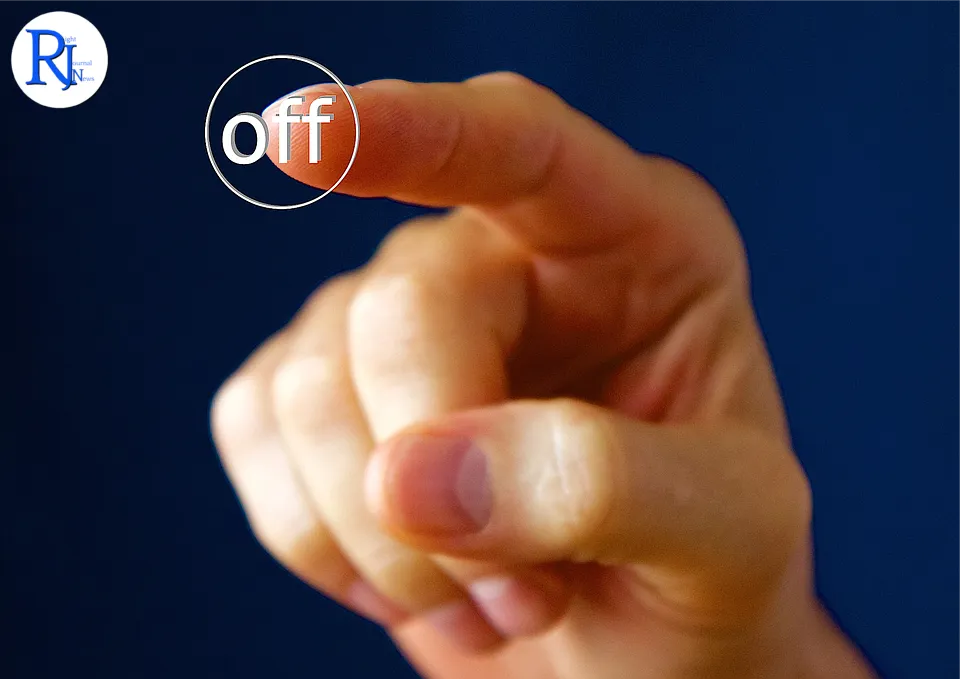A personal injury solicitor has been struck off after withholding a piece of evidence he knew would be “catastrophic” to his client’s case, according to a report by Legal Futures. The development highlights the absolute duty solicitors owe to the court and the strict rules on disclosure in civil cases. Regulators treat deliberate non-disclosure as a serious breach that undermines trust in legal proceedings. Striking off removes a solicitor from the profession and signals that the conduct crossed a fundamental line.
Legal Futures reported the outcome on 12 October 2025. While the publication did not set out all the details in the summary, it highlighted that the solicitor knew the material would severely damage the claim. The case serves as a timely reminder that the legal system relies on candour from officers of the court, not tactics that conceal inconvenient facts.
Context and timing
The report was published on Sunday, 12 October 2025, by Legal Futures, a UK legal news outlet. It concerned a personal injury case in which a solicitor failed to disclose evidence and later faced the profession’s ultimate sanction.
The event sits within the UK’s regulatory framework for solicitors. In England and Wales, disciplinary tribunals can strike off a solicitor if they find serious misconduct, especially where dishonesty or a lack of integrity is proved. Such cases carry weight across the profession because they define the limits of acceptable conduct.

Undisclosed evidence and a profession’s red line
Legal Futures said the solicitor withheld evidence that he knew would be “catastrophic” for his client’s case. That choice breached the core standards that govern litigation: solicitors must act with honesty, integrity and independence, and they must not mislead the court. A single, deliberate act that conceals key evidence can cause severe harm to the fairness of a trial and to public confidence in the legal system.
Striking off is the strongest outcome a disciplinary tribunal can impose. It removes the solicitor from the roll and prevents future practice unless a court later restores the name to the roll, which is rare. Tribunals reserve this penalty for the most serious misconduct. Cases that involve deceit, concealment, or a failure to uphold the administration of justice often meet that threshold.
Disclosure duties in civil litigation: what the law expects
Civil Procedure Rules require parties to disclose documents that help or harm their own case or the opponent’s case. That duty exists to ensure the court and all parties can test the evidence fairly. It captures favourable material and adverse material alike. Solicitors must advise clients on the duty and must not withhold relevant documents or information.
The professional obligations go further. Solicitors owe a duty to the court that overrides the client’s interests if the two conflict. They must correct misleading statements and ensure the court is not misled by omission. If a client pressures a lawyer to conceal evidence, the rules require the lawyer to refuse. If necessary, the lawyer must cease to act, rather than participate in a breach.
Why tribunals strike off for dishonesty and lack of integrity
Decisions about sanction reflect not only the wrong done in a single case but also the need to protect the public and the reputation of the profession. For decades, higher courts have stressed that dishonesty by a solicitor almost always leads to removal from the roll, save in truly exceptional circumstances. The profession depends on trust; without it, the system falters.
Tribunals assess the facts, the solicitor’s state of mind, and any mitigation. They examine whether the conduct involved a calculated act, whether it continued over time, and whether the solicitor showed insight and remorse. Withholding evidence known to be fatal to a case points to a grave breach. It undermines the fairness of the proceedings and the administration of justice, which tribunals treat as a red line.
Consequences for personal injury practice and clients
Personal injury work relies on evidence that can be complex and sensitive, from medical records to witness accounts. Courts expect openness about all material facts. When a lawyer conceals adverse evidence, it risks an unjust outcome and can lead to wasted costs, sanctions, and reputational damage for the firm as well as the lawyer. Insurers, defendants and the courts all rely on honest case presentation to resolve claims fairly.
For clients, the consequences can be severe. Short-term concealment may seem attractive if it keeps a claim alive. In practice, it can collapse a case, expose the client to cost orders, and prolong distress. Most importantly, it damages public trust in injury claims, which can already face scrutiny. Responsible practice demands early, frank advice about weak points and honest disclosure, even when the news is unwelcome.
Compliance, supervision and firm culture under the spotlight
This case also raises issues of supervision and compliance. Firms must create systems that support ethical decisions and robust disclosure. Clear file reviews, training on the Civil Procedure Rules, and escalation routes for ethical concerns help prevent errors and resist improper pressure. Compliance officers and partners should reinforce that the duty to the court comes first.
Culture matters as much as process. Leaders set expectations by what they reward and what they tolerate. When firms celebrate results without equal focus on method, they increase the risk of corners being cut. Clear guidance, accessible ethics support, and timely supervision help ensure that lawyers make the right call when pressure peaks.
What regulators and the courts expect from litigators
Regulators and courts have laid out consistent expectations. Solicitors must not mislead the court, whether by act or omission. They must disclose relevant adverse material and must correct any mistake that misleads. They must not pursue a case on a false basis. If they discover damaging evidence, they must confront it, not bury it.
Those standards apply to every stage of litigation

